The New Starter Home: Why Builders Are Shrinking Floorplans, Not Dreams
Not too long ago, the term “starter home” brought to mind a modest but spacious house—room for a couple, maybe a kid or two, a backyard for the dog, and a two-car garage to top it off. But in today’s housing market, that image is shifting. Builders across the country are downsizing new builds—not to limit dreams, but to make them more attainable.
With rising costs and changing lifestyles, the new starter home is all about doing more with less. Smaller square footage, smarter layouts, and efficient use of space are replacing the idea that “bigger is always better.” And surprisingly? Many buyers are loving it.
Smaller Homes, Smarter Decisions
In today’s real estate climate, affordability is a top concern. Inflation, material costs, and labor shortages have made traditional starter homes harder to deliver at reasonable prices. Builders are responding by trimming square footage without cutting corners on quality. According to recent insights from news.de/verbraucher/858802313/diese-5-fehler-beim-hausbau-kosten-am-meisten-wie-sie-sie-vermeiden/1/, avoiding common budget traps during construction is key—many of which are tied to oversized or overly complicated layouts. Smaller homes naturally reduce the risk of those budget blowouts and keep projects on track financially.
Efficiency as the New Luxury
Today’s compact homes are nothing like the cramped, cookie-cutter builds of the past. Open floor plans, multi-purpose spaces, and thoughtful design make these homes feel surprisingly spacious. Smart storage solutions, oversized windows, and high ceilings can transform 1,000 square feet into something that lives like 1,500. Plus, without extra rooms to heat, cool, and clean, homeowners often find they actually enjoy living in a space that works for them rather than overwhelming them.
Changing Lifestyles, Changing Needs

Another reason builders are downsizing? Buyers themselves are evolving. More people are working remotely, delaying having kids, or choosing to live in urban areas where land is limited. The traditional nuclear-family blueprint isn’t the default anymore, and homes are being designed to reflect that. People now value flexibility over formality. Instead of a separate dining room, they’d rather have a multi-use space that can serve as a home office or hobby room. Smaller homes cater to these modern needs by focusing on function, not fluff.
Environmental and Energy Benefits
A smaller home doesn’t just cost less to build—it also costs less to run. With a reduced footprint comes lower energy bills, less water usage, and fewer materials used in construction. For eco-conscious buyers, that’s a huge win. Builders are also embracing sustainable practices, adding solar panels, energy-efficient appliances, and better insulation to even the smallest floor plans. It’s a shift that allows homeowners to reduce their environmental impact without sacrificing comfort.
The Charm of Simplicity
There’s a growing cultural push toward minimalism—owning less, doing more, and focusing on what really matters. Smaller starter homes align perfectly with that mindset. Homeowners are discovering that they don’t need five bedrooms or a massive living room to be happy. What they really want is a home that’s well-built, well-located, and easy to maintain. The appeal of a simpler, cozier space is starting to outweigh the draw of square footage. The modern starter home may be smaller, but it’s anything but less. Builders are rethinking what a first home should be—not a compromise, but a creative solution to today’s economic and lifestyle realities.
By focusing on smart design, affordability, and livability, these smaller homes are helping more people enter the market without sacrificing comfort or style. Because at the end of the day, it’s not about how much space you have—it’s about how well you live in it.…



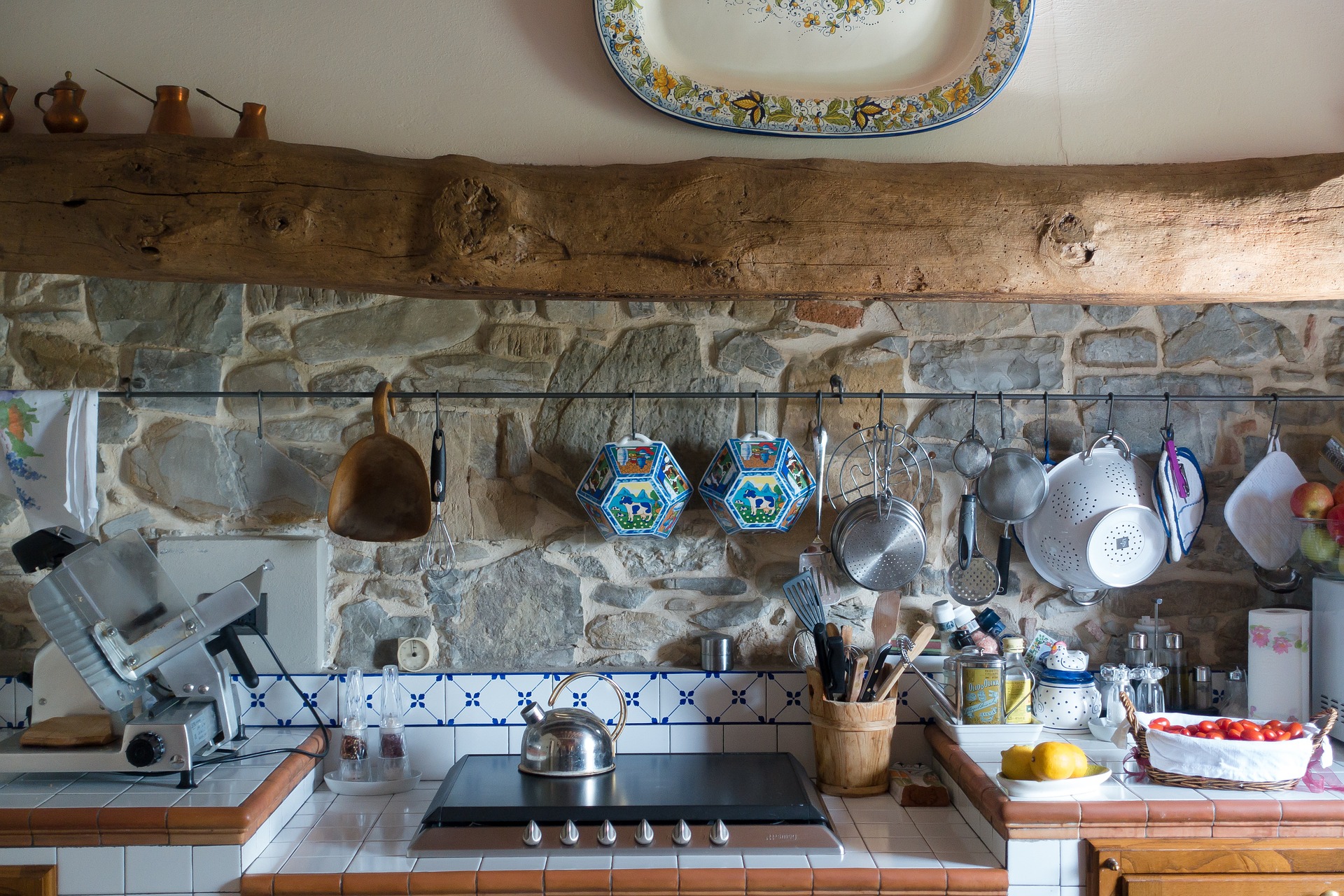
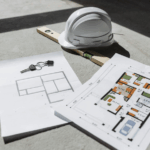
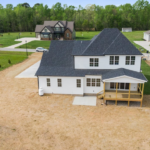



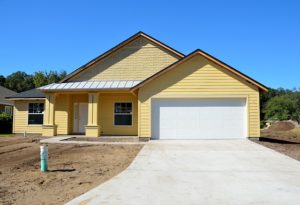 The plan of a house is something that everyone treasures if they don’t recognize it. Some designs might be more immediately obtainable than other people, demanding some time to find individual methods. If that’s accurate, you may attempt outhouses that have one main board.
The plan of a house is something that everyone treasures if they don’t recognize it. Some designs might be more immediately obtainable than other people, demanding some time to find individual methods. If that’s accurate, you may attempt outhouses that have one main board. Cost is just another thing to think about as you look at homes out there. You will demand to look at your budget to choose whether you can compensate for the mortgage into the home you’d like to possess for yourself or your nearest and dearest.
Cost is just another thing to think about as you look at homes out there. You will demand to look at your budget to choose whether you can compensate for the mortgage into the home you’d like to possess for yourself or your nearest and dearest.
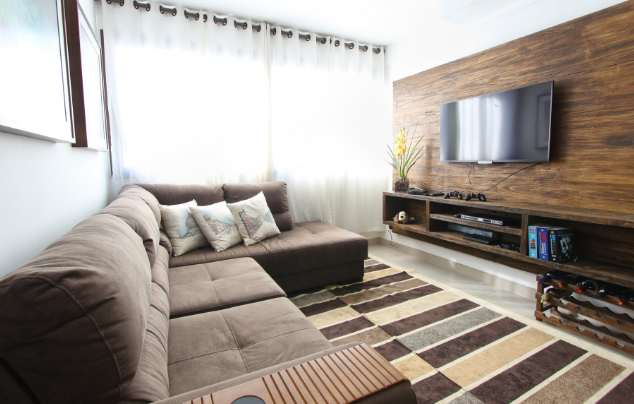
 Buyers need to crunch the numbers to understand if they can purchase a specific property. People today tend to believe that the asking price is all involved, but that is nowhere near reality. Prior to closing the deal, you want to learn how much it will cost to keep up the
Buyers need to crunch the numbers to understand if they can purchase a specific property. People today tend to believe that the asking price is all involved, but that is nowhere near reality. Prior to closing the deal, you want to learn how much it will cost to keep up the 
 Location Things that are an old adage fit perfectly when we think about investing in real estate. The first thing to consider when buying a home or moving in is whether or not it is in a great location. If it is in the best location, it may be the worst house, but it doesn’t matter because you can easily solve problems or sell it to someone who prefers a house in the perfect location. This can be called so because of the “Fixing and Flipping” formulas of real estate investment experts.
Location Things that are an old adage fit perfectly when we think about investing in real estate. The first thing to consider when buying a home or moving in is whether or not it is in a great location. If it is in the best location, it may be the worst house, but it doesn’t matter because you can easily solve problems or sell it to someone who prefers a house in the perfect location. This can be called so because of the “Fixing and Flipping” formulas of real estate investment experts. There is a monumental amount of information on the Internet these days. You can also get details about the region of the properties and the investments you might need. This is the best part. When you are finally ready to invest in a home, a real estate agent is the one who will help you. And a fantastic real estate agent who understands the concept of investment performance and has marketed a selection of properties might be a perfect choice.…
There is a monumental amount of information on the Internet these days. You can also get details about the region of the properties and the investments you might need. This is the best part. When you are finally ready to invest in a home, a real estate agent is the one who will help you. And a fantastic real estate agent who understands the concept of investment performance and has marketed a selection of properties might be a perfect choice.…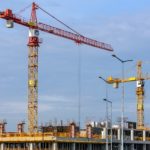
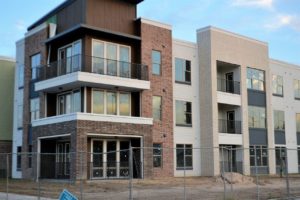 There are many
There are many 

 Agents know what a home market can create. Your agent will be able to provide you with information about what you could do to sell your home—everything from staging to upgrading or repairing the house. Real estate agents will represent for you until to the end.
Agents know what a home market can create. Your agent will be able to provide you with information about what you could do to sell your home—everything from staging to upgrading or repairing the house. Real estate agents will represent for you until to the end.



